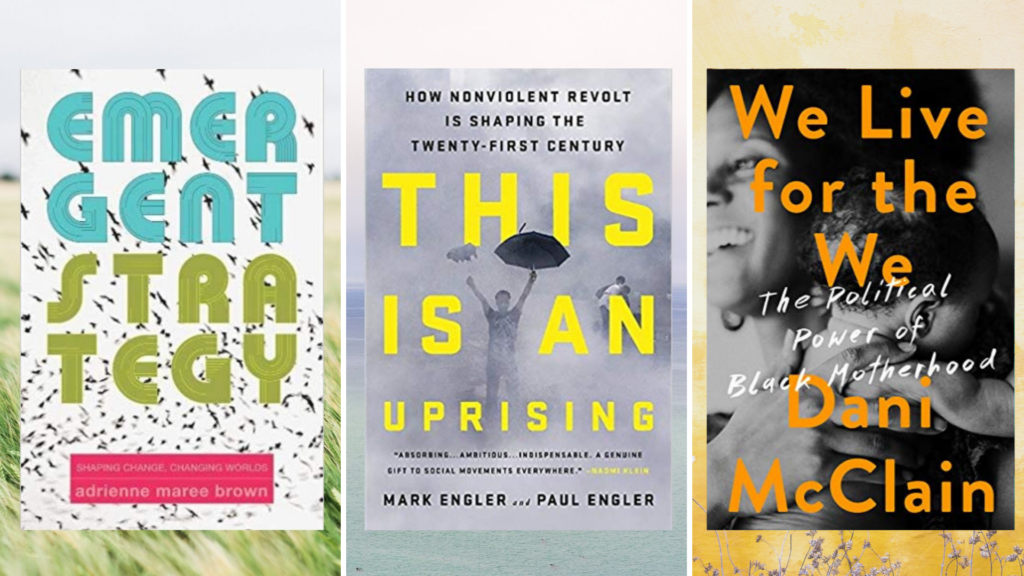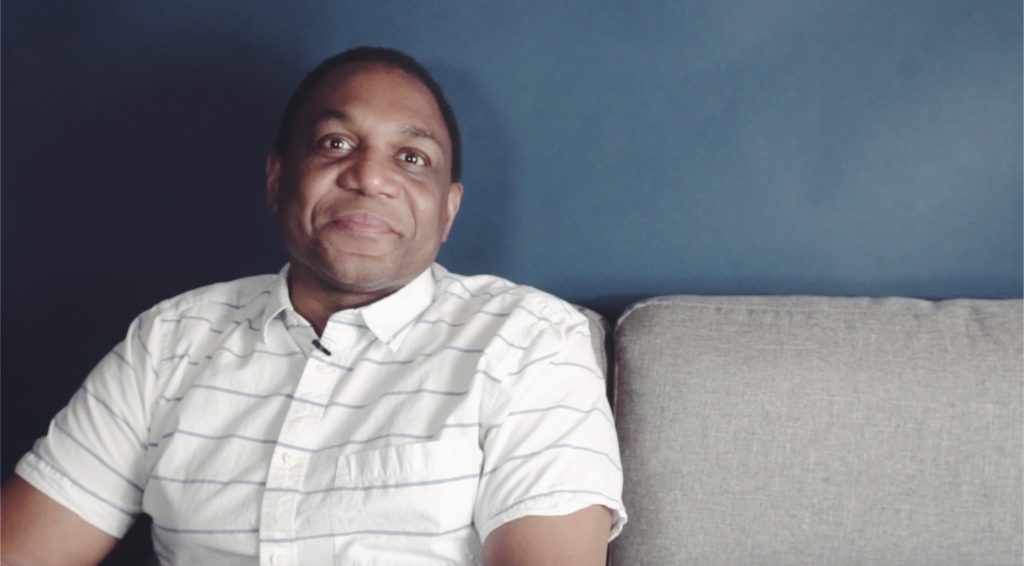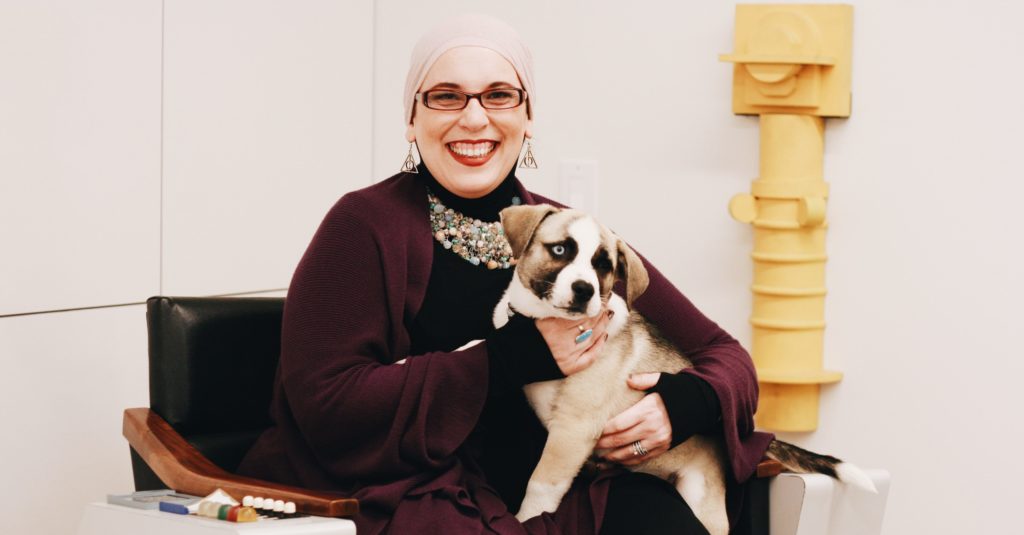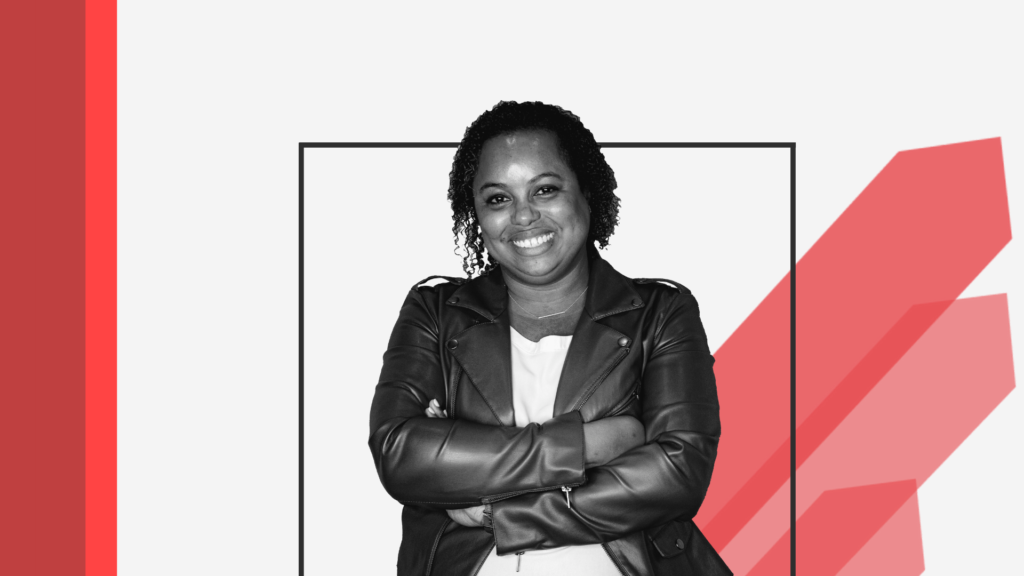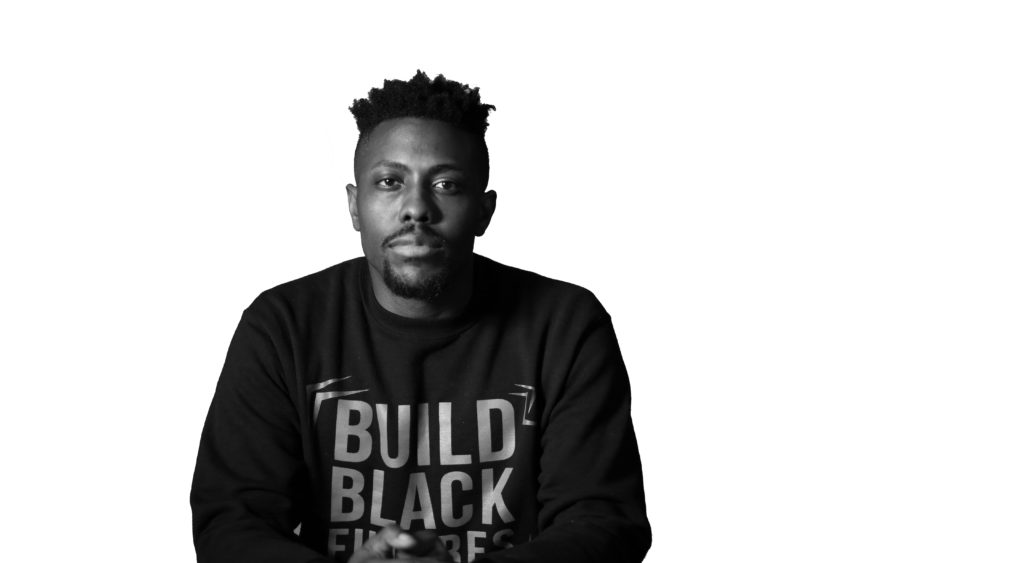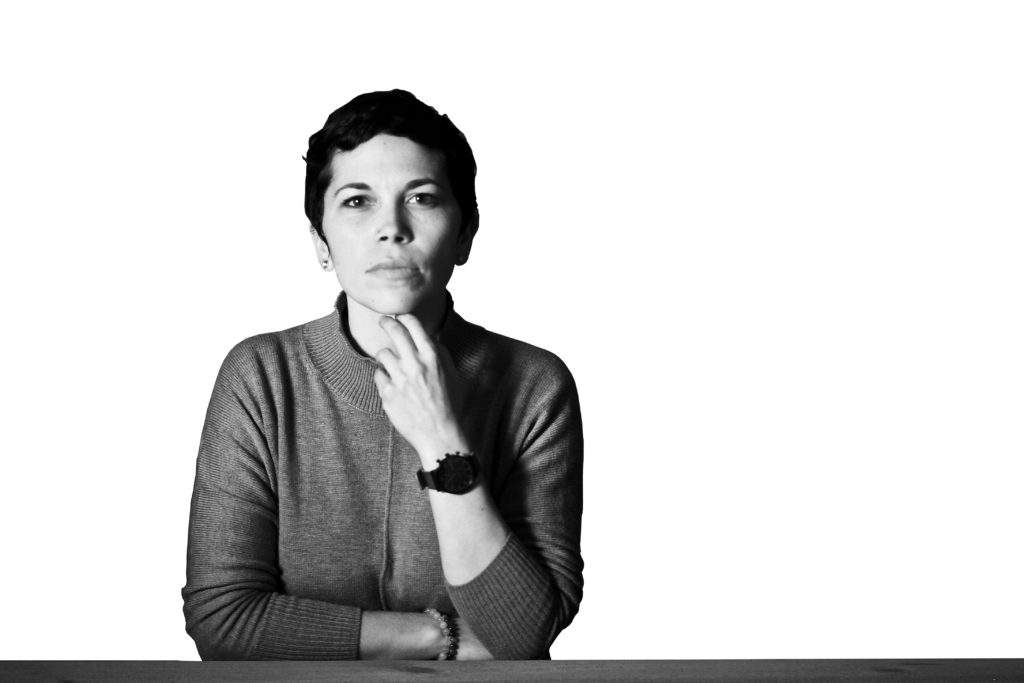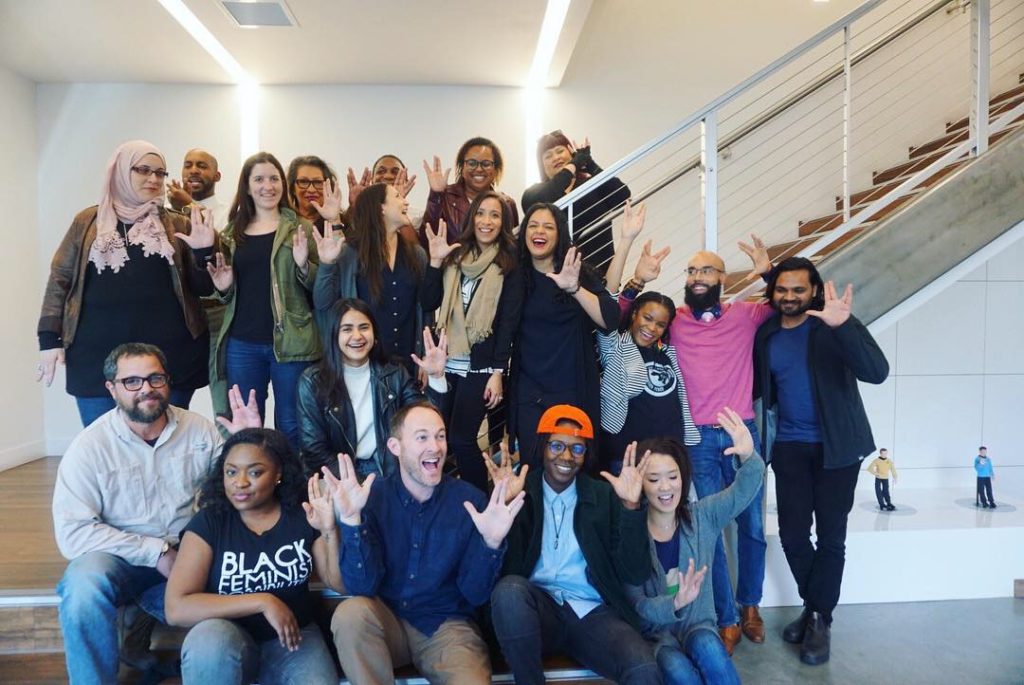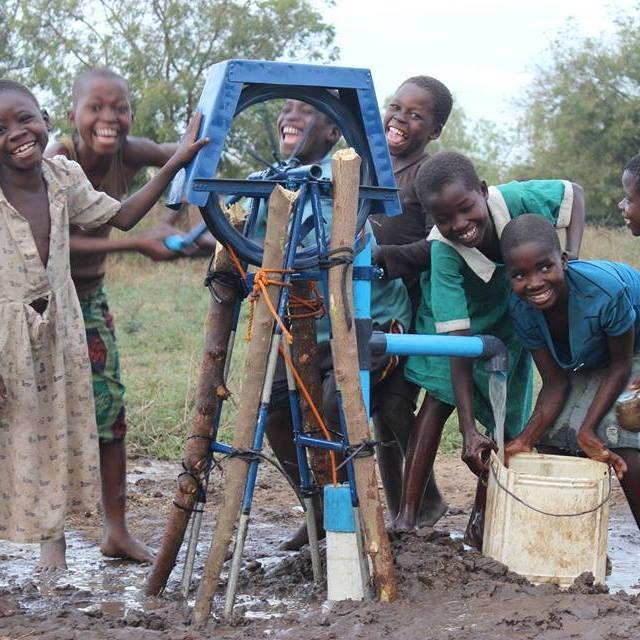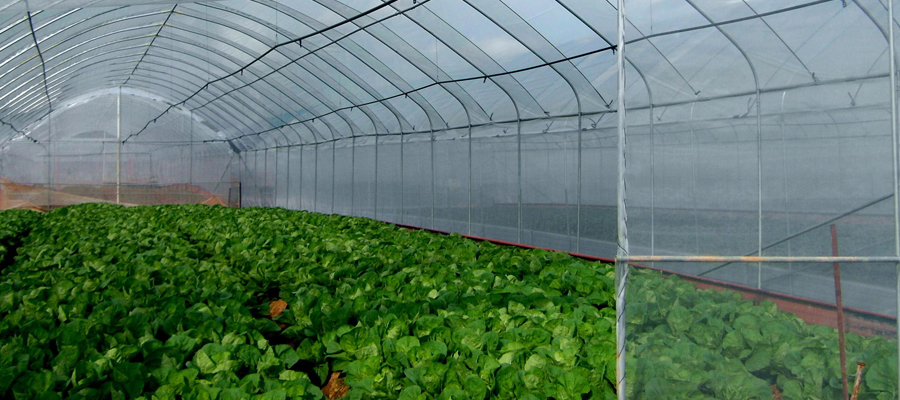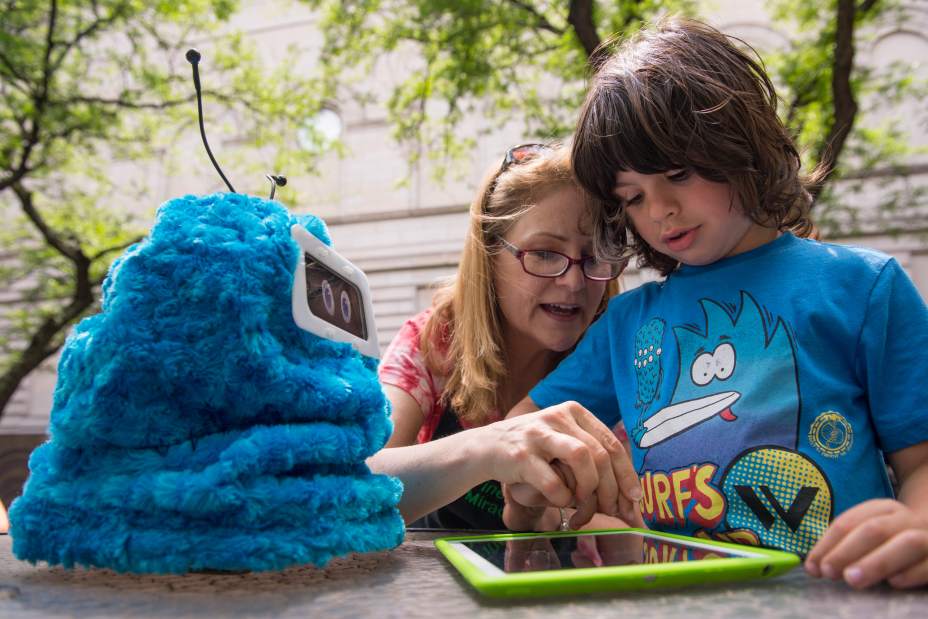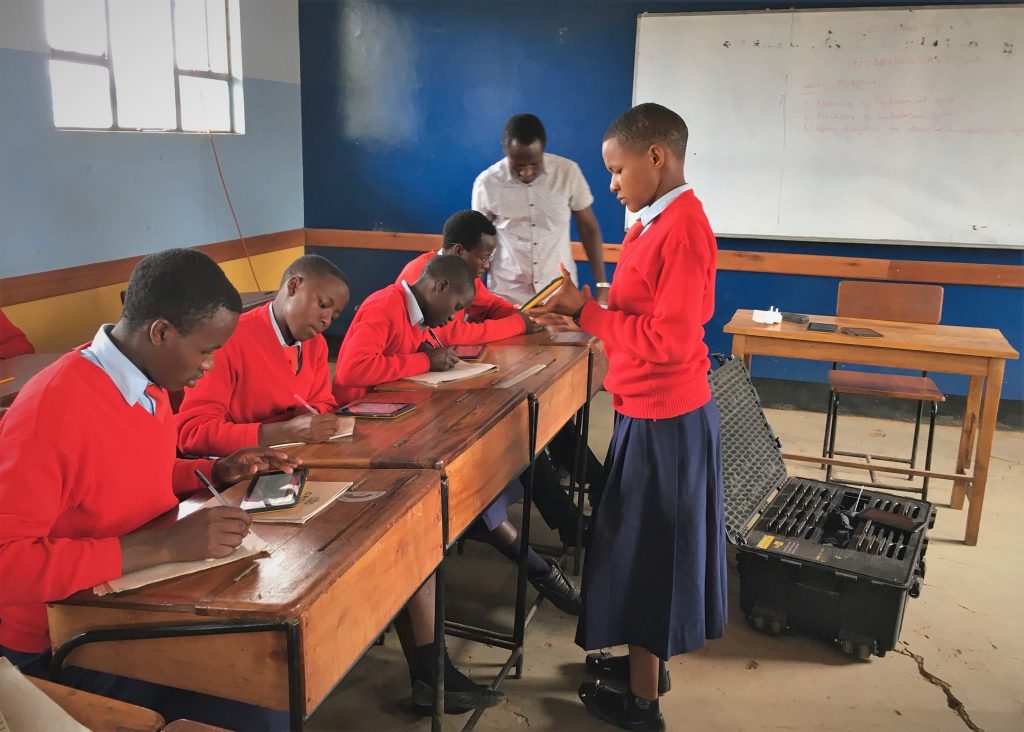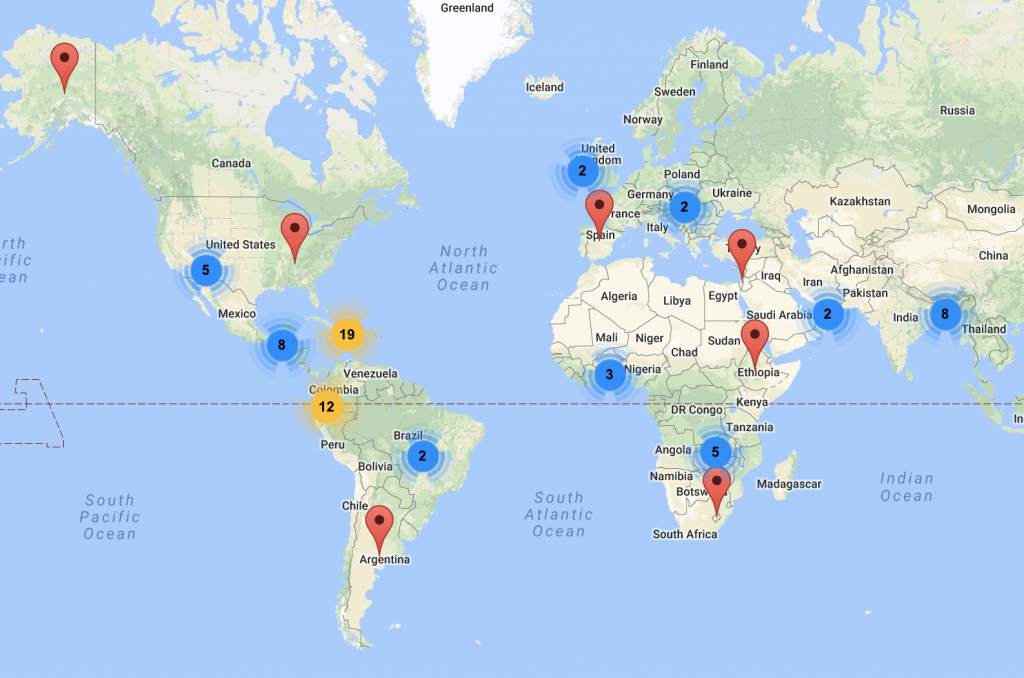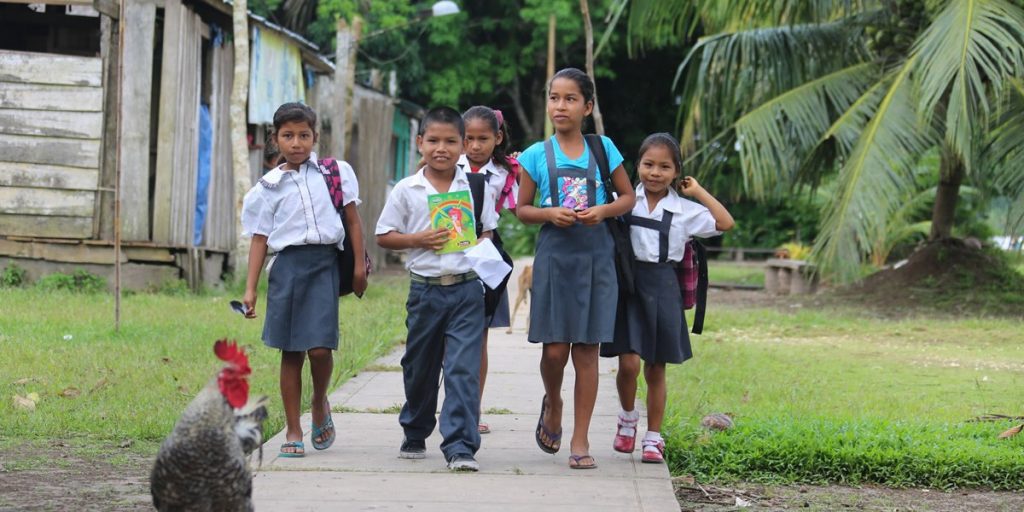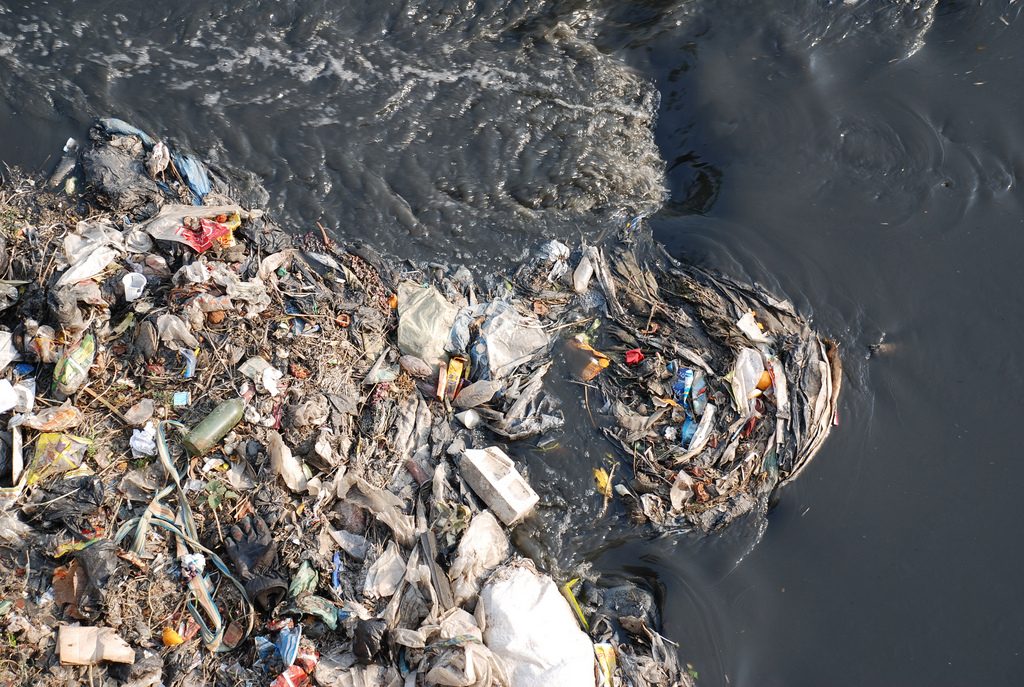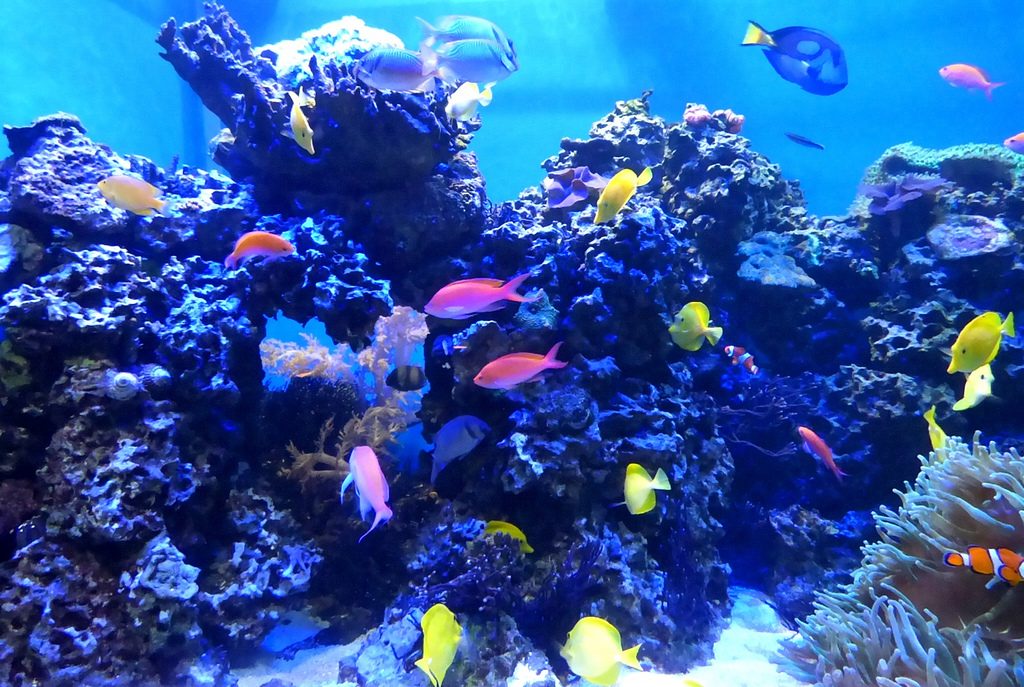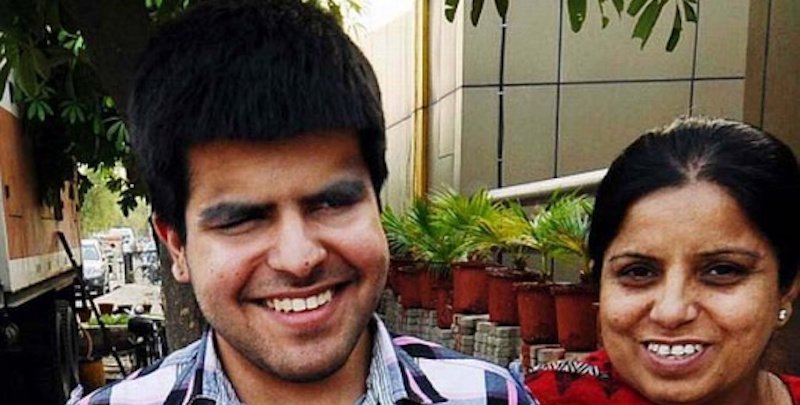Network News
Our 2019 Summer Reading List
Summer is often the time of beach reads and escapist novels, taking advantage of warm weather and vacations to decompress and relax into a good book. We asked our fellows what they’re reading this month, and given their current book lists, they seem to be digging in, doubling down, and going deeper in a diverse…
Read More10 Questions with Andrew Grant-Thomas
Name: Andrew Grant-Thomas, Current City: Amherst, Massachusetts. Tell us more about your project, EmbraceRace! EmbraceRace is a national nonprofit providing resources and creating a community for parents and other caregivers working to raise children who are thoughtful, informed, and BRAVE about race. How did you get into this work? There are a lot…
Read MoreSelf-Care Cannot Be a Buzzword – as an Activist, It Has to Be a Way of Life.
Self-Care Cannot Be a Buzzword – as an Activist, It Has to Be a Way of Life. Alia Salem So I am turning 40 this year yet I still feel like I am in my late 20s, but I am also really tired. I have accomplished a lot of meaningful work in my professional…
Read MoreMeet a Fellow: Kat Calvin
Meet A Roddenberry Fellow Kat Calvin May 10, 2019 Meet Kat, a 2019 Roddenberry Fellow Kat Calvin is the founder of Spread The Vote, a nonprofit organization that aims to close the gap between registered voters and voter turnout by obtaining government-issued photo IDs, educating, and empowering voters. Today there are about 21 million…
Read MoreFellowship Vlog: Jonathan Lykes
Jonathan Lykes is a Black queer artist, activist and senior policy analyst. He’s the co-founder of Keeping Ballroom Community Alive Network (KBCAN.org), founder and co-producer, The Black Joy Experience (@blackjoyexperience), a founding member of Black Youth Project 100 (BYP100), and a 2018 Roddenberry Fellow. For more about Jonathan and his work, check out his bio.…
Read MoreFellowship Vlog: Maddie Hayes
Maddie Hayes is is a North Carolina native and the Director of the Refugee Community Partnership (RCP), where she works with refugee leaders to develop community-driven models for refugee support work in NC. She was part of the inaugural Roddenberry Fellowship 2018 cohort. For more about Maddie and her work, check out her bio. Video…
Read MoreThe Fellowship Experience: first phone call to final cohort meet up
Roddenberry Fellowship 2020 The Fellowship Experience: first phone call to final cohort meet up Meg Busse | May 5, 2019 I’m not going to lie — the best day of work here at the Foundation is the day we get to call fellows to let them know they’re invited to join the cohort. But…
Read MoreCatalyst: Footsteps Africa
1 in 10 people lack access to clean water worldwide. In rural Malawi, approximately 5.6 million Malawians suffer from lack of access to clean water. The water they collect often carries diseases, making entire communities vulnerable.
Read MoreCatalyst: SmartAgric
In Sub-Saharan Africa, rain-fed agriculture accounts for 97% of total agricultural land and 91% of total agricultural production. But local farmers are forced to rely on meteorological agencies with low capacity and obsolete technologies.
Read MoreCatalyst: Fine Art Miracles
Young children often have difficulty transitioning from a home environment to a school setting. This is particularly true of children with any disabilities or diagnoses that might make entering school challenging.
Read MoreCatalyst: TabLab
250 million children, about 40%of the world’s total, cannot read, write, or do basic math by age ten. The problem is worse in rural areas, where up to 75% of children do not have basic literacy or numeracy skills.
Read MoreCatalyst: Team fEMR
A chronic lack of access to primary care in developing nations had led to the upsurge in STMMs – Short Term Medical Missions. These temporary clinics are set up for a few days to a week at a time to provide critical care in under-resourced areas.
Read MoreCatalyst: Alma Children’s Education Foundation
Remote indigenous communities throughout Latin America do not have access to formal education. A combination of distance, cost and indigenous language barriers have prevented both governments and NGOs from providing education to these communities.
Read MoreCatalyst: Twin Oaks Water Systems
In sub-Saharan countries, over 80% of the economy is based on subsistence farming, but each year, almost 12 million hectares of arable land are lost due to drought and desertification. There are 20 million food insecure people in the region, and more than 7 million people in the region suffer from sanitation issues resulting from human waste contamination of available water sources.
Read MoreCatalyst: Coral ROVtech
In the last 30 years, over half of the world’s coral reefs have been lost. Rising ocean temperatures, over-fishing, pollution and agricultural run-off are destroying reefs at a rapid pace.
Read MoreCatalyst: NextBillion
1 in 5 people in the world live with a disability. At over a billion people worldwide, they constitute the world’s largest minority. Those living with disabilities are twice as likely to be unemployed, and it is often difficult for them to find the right mentor who can help them move forward and reach their potential in a career.
Read More